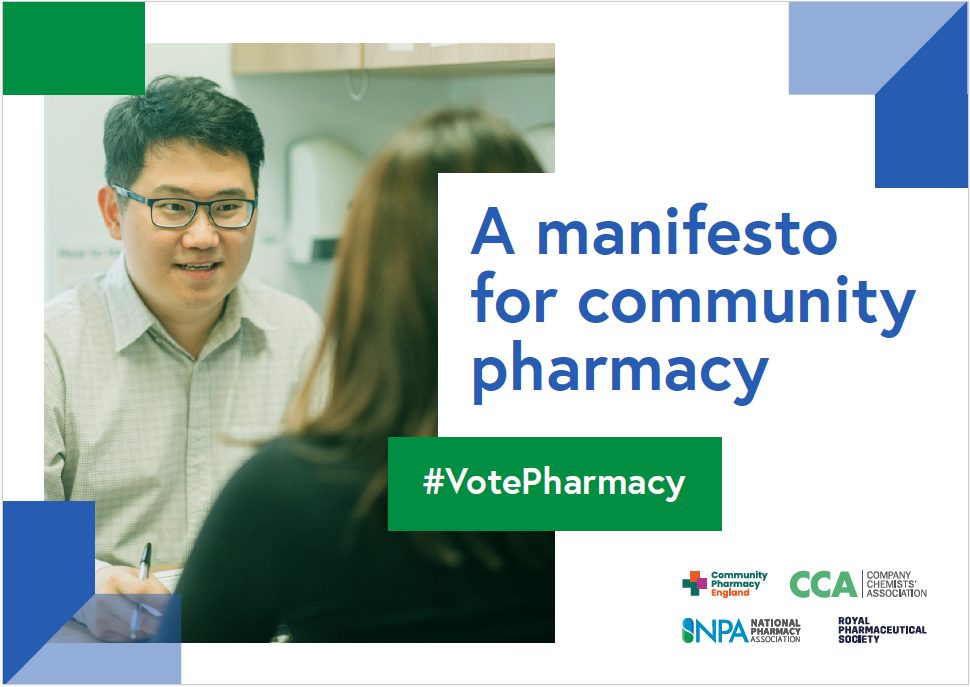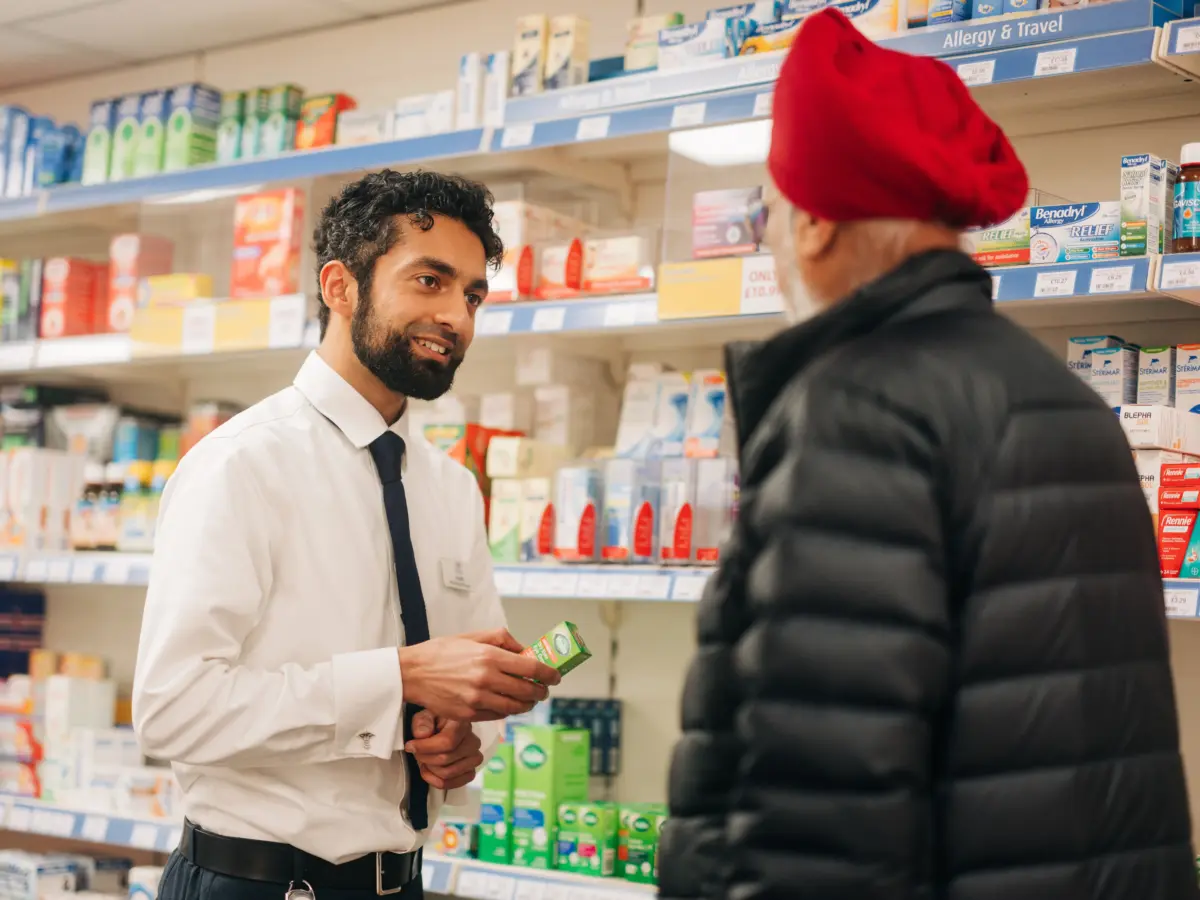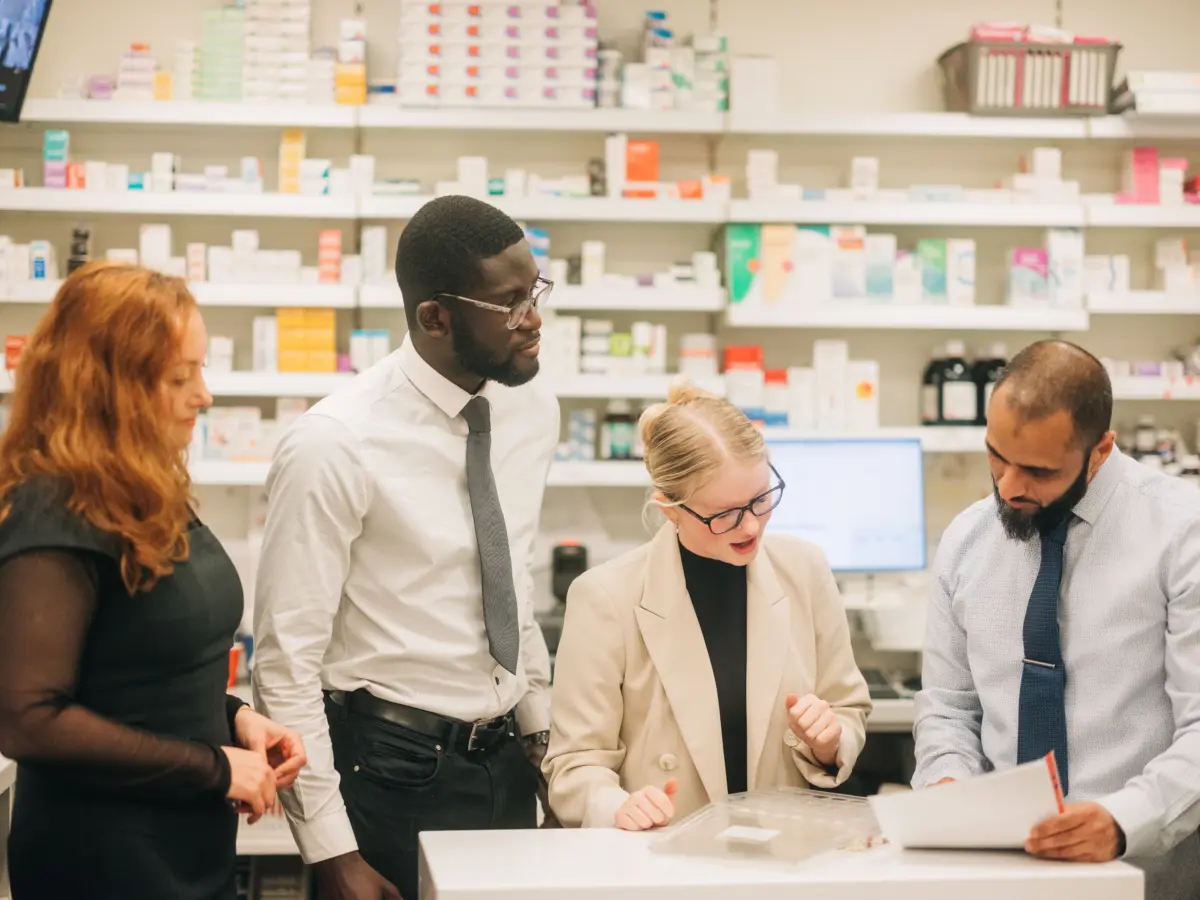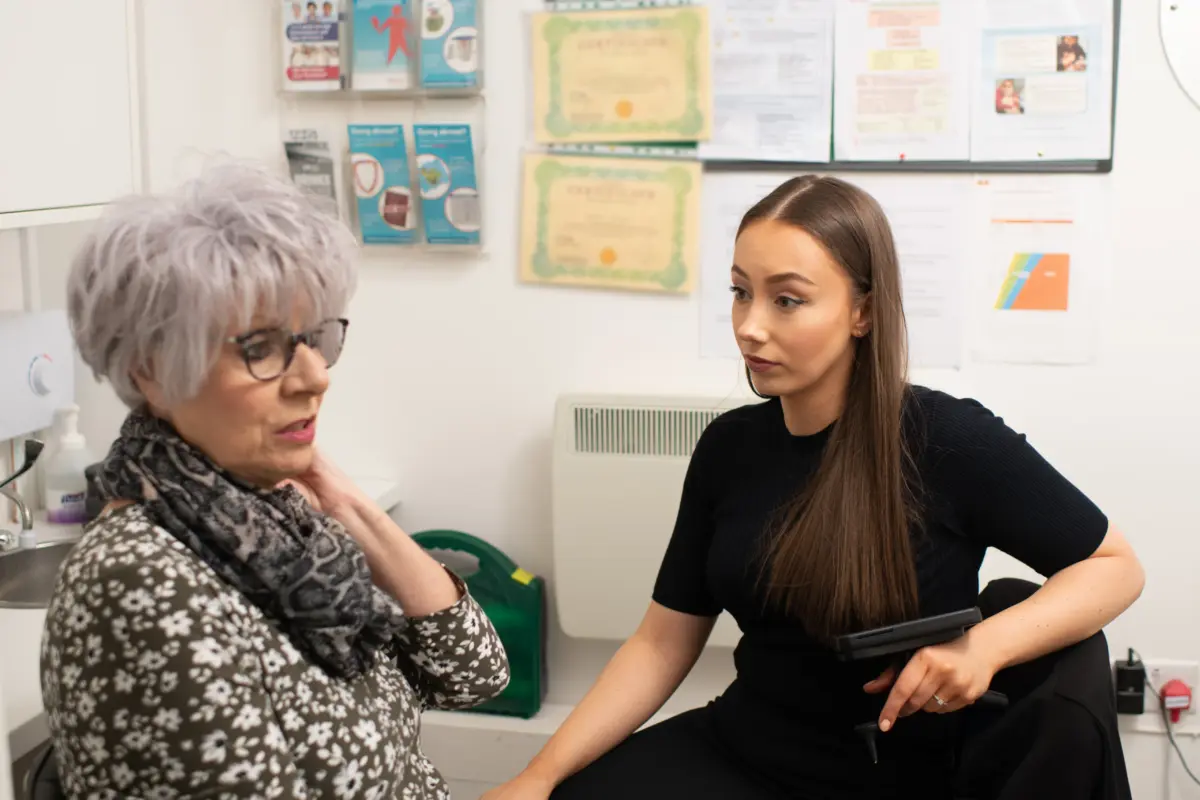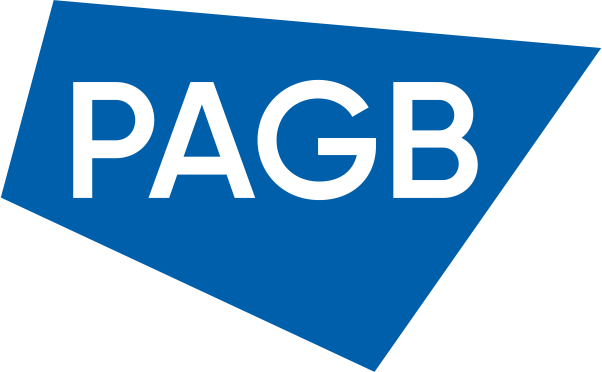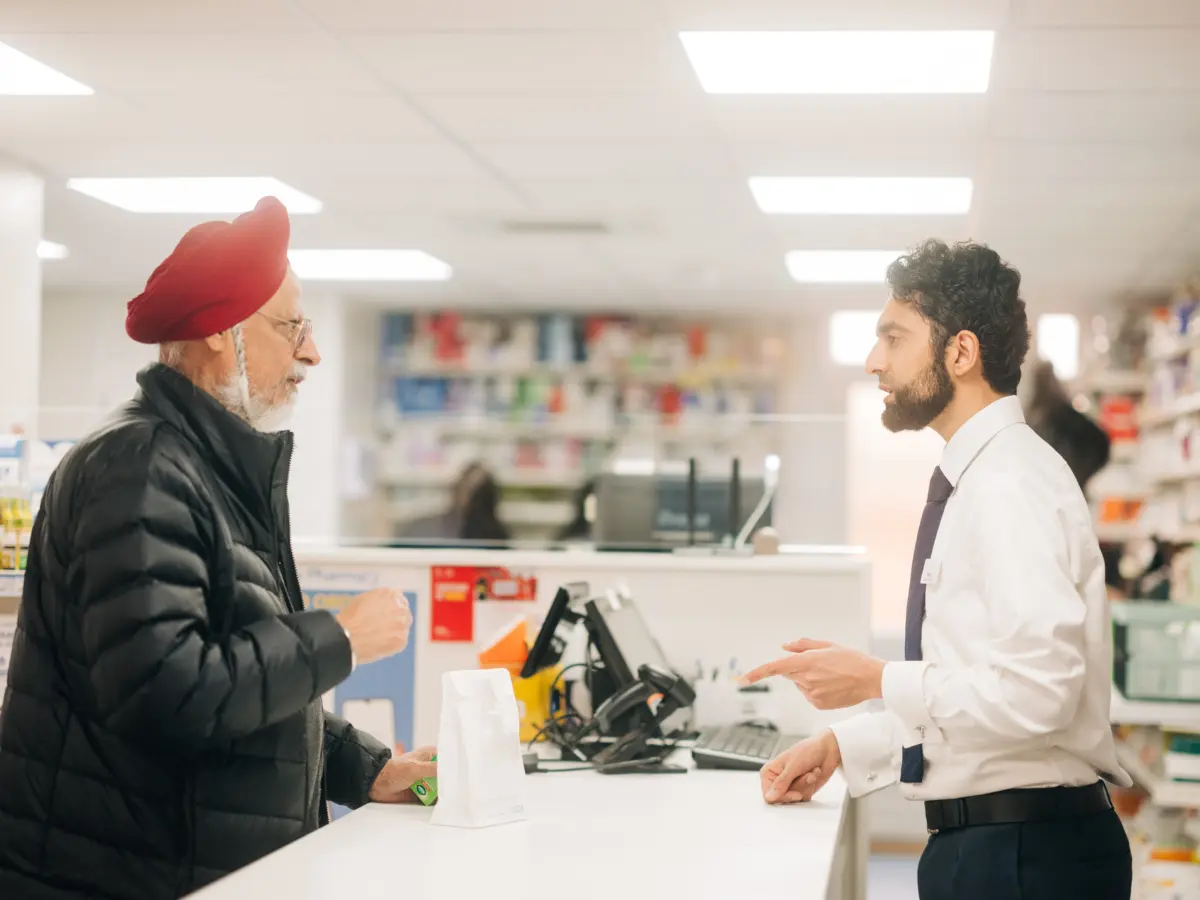Services case study: Lateral Flow Testing in community pharmacy
Published on: 16th March 2021 | Updated on: 30th March 2022
Lateral flow testing is a fast and simple way to test people who do not have symptoms of COVID-19, but who may still be spreading the virus. The tests are easy to use and give results in 30 minutes. Around 1 in 3 people with COVID-19 do not have symptoms, so a test that rapidly detects these otherwise hidden cases is a very useful additional tool for tackling the virus.
Lateral flow is an established technology, adapted to detect proteins (antigens) that are present when a person has COVID-19. Lateral flow antigen testing involves processing a throat and nasal swab sample with an extraction fluid and a lateral flow device (LFD). Most of the lateral flow testing in England is currently conducted at asymptomatic test sites, which are implemented in a range of community settings such as pharmacies, universities, schools, care homes and workplaces.
What does the service involve?
Directors of Public Health in many local authorities have been charged with coordinating local testing efforts, with national support, to test up to 10% of their population weekly using lateral flow tests. The Directors of Public Health will determine how to prioritise the allocation of tests based on the needs of their communities, with a focus on targeting populations at high risk. They will also determine how people in the local area are tested. Within this Government backed programme, testing is assisted, meaning people will swab themselves under the supervision of a trained operator who then processes the test and reads the result.
Lateral Flow Testing in community pharmacies
Community pharmacies in several parts of England are now providing lateral flow testing, as part of a local authority organised service. This includes pharmacies in parts of London, including Kingston and Merton, where they are providing a testing programmes for asymptomatic residents. The pharmacy service includes:
- Ensuring patients can register their personal details, either themselves, or if that is not possible, the pharmacy staff will provide support to do this;
- Providing guidance and supervision of the swabbing undertaken by the patient;
- Preparation of the test and analysis of the LFD result;
- Adding the test results to the National Portal (the patient receives their result via text or email);
- Providing the patient with an explanation of the meaning of the test results and advice on any next steps they need to take. If the patient has a positive test, they are advised to go home, self-isolate and obtain a PCR test to confirm the result;
- Explain how the patient can keep safe, e.g. hygiene and social distancing advice, and the COVID-19 symptoms to look out; and
- Explain how to mitigate the health harm of COVID-19, e.g. providing information on stopping smoking and weight management, with referrals for further support, where necessary.
Training
Staff training is undertaken through an online portal and it includes the following five modules:
- LFD process training;
- LFD results recording training;
- Infection prevention and control;
- Guidance on self-swabbing; and
- Train the trainer guidance to support the cascading of the training to other team members.
Commenting on the services they have helped implement, Amit Patel, Chief Officer, Merton, Sutton and Wandsworth LPC said:
“The LFT service has been a huge support to keyworkers across Merton, where we have a number of pharmacies delivering up to 150 tests each per week, enabling them to go to work and support the community. Our public health team have been hugely supportive and have worked hard with the LPC to ensure that we maximise on this opportunity. We have been told by them on numerous occasions that the role pharmacy has played through the pandemic has really helped them as commissioners see us as a real and viable solution to local issues.
“The service was up and running within a week and includes an enhanced service where the pharmacy team can take the opportunity to give additional advice on issues such as hands, face space, smoking and obesity which are proven to exacerbate COVID-19 symptoms. It is a great service to show how our healthy living pharmacies can work as a team with the oversight of the pharmacist.“
And Michael Keen, Chief Officer of Kingston, Richmond and Twickenham LPC added:
“In Kingston, Richmond and South West London, our LPCs work closely with the Boroughs and have good working relationships with the Directors of Public Health. This service is a result of those relationships. It is important to community pharmacy because it addresses a public need, helps to build on the trust members of the public have in us to tackle COVID-19 related health matters, and helps people manage a pandemic that has them very worried.”



